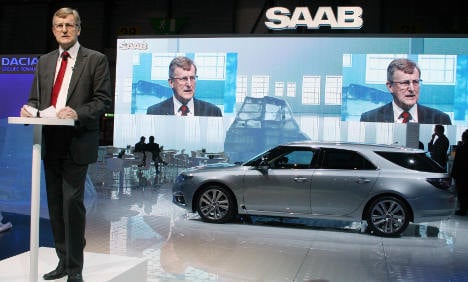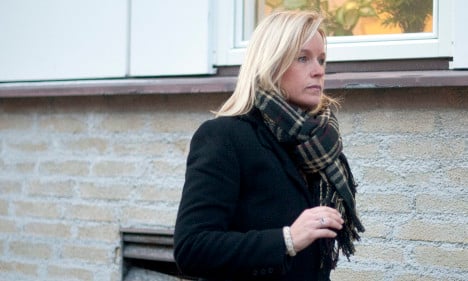“Spyker is not taking any money from Saab, this is an independent company which we are buying from GM,” said Saab Automobile chairperson and Spyker CEO Victor Muller on Monday.
Spyker Cars is leaking money, with the niche sports carmaker reporting a loss of 220 million kronor ($30 million) in 2009, three times the value of its sales.
To cover its massive losses, the firm now wants to create a so-called cash pool with the British distribution firm Saab GB, enabling Spyker to borrow money for its business, according to a TV4 report.
The detail was included in a footnote in Spyker Cars annual accounts.
“We are not hiding anything. It is clearly stated in our financial statement,” Muller told news agency TT.
Saab GB is currently owned by US General Motors (GM) and is set to be acquired by Spyker Cars for the sum of £1 ($1.5).
“We don’t see anything strange in this. We have said all along that no money will move from Saab to Spyker Cars. And it does not in this case either. Saab GB is a completely independent firm which Saab does not own,” Victor Muller said.
Spyker Cars has until July 15th to hand over the outstanding 175 million kronor to GM to complete the purchase of Saab. Swedish rules prohibit buying a firm with its own cash and Muller argues that the latest move is not in breach of these regulations.
But Lennart Ihredal of the professional institute for authorized public accountants (FAR) said the set-up could test the limits of what is acceptable.
“You would then have to look at the regulations in place in the various countries. But in an acquisition such as this I would have it on the check list, so that you don’t breach any regulations,” Ihredal told TV4.



 Please whitelist us to continue reading.
Please whitelist us to continue reading.
Member comments